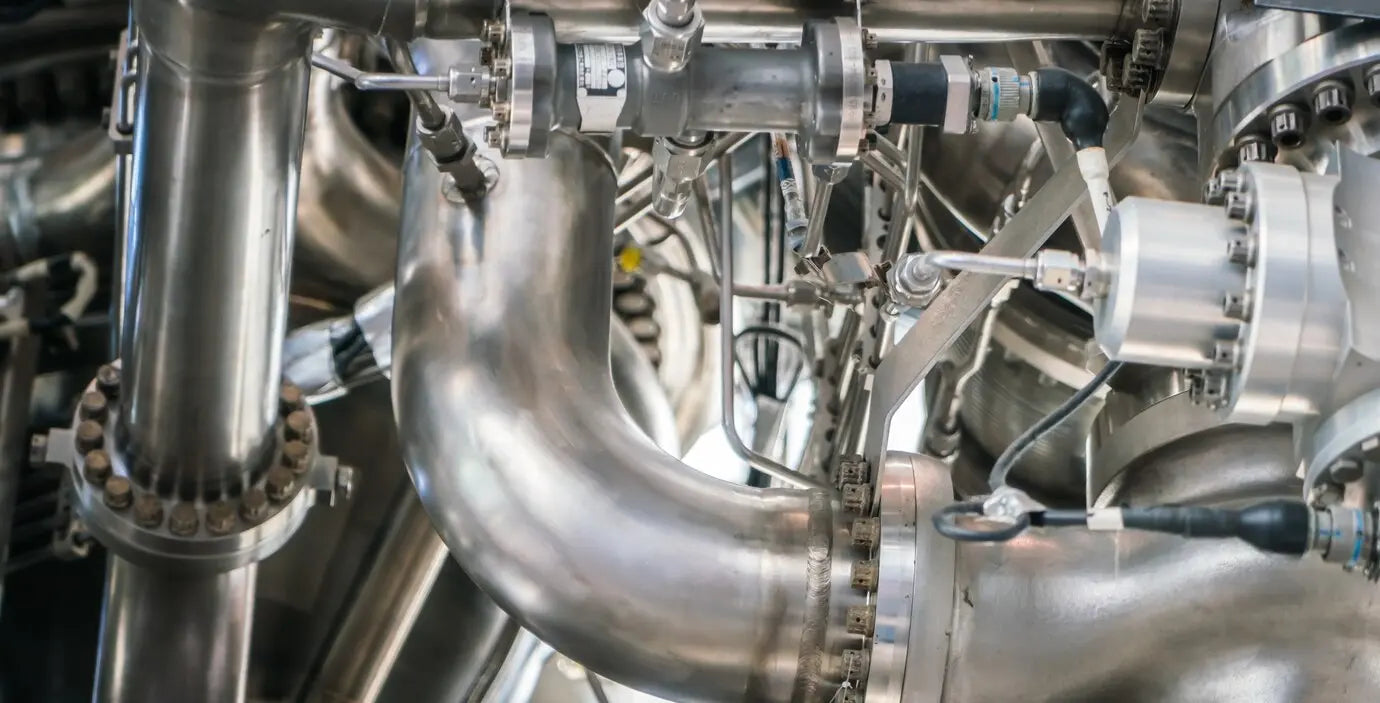Unlock Peak Perfo...
Aug 15, 2025

The diesel particulate filter (DPF) delete has become a controversial topic, sparking heated debates between those seeking performance gains and those concerned about environmental protection. While the performance benefits of a DPF delete are often highlighted, it's crucial to examine the environmental consequences with a balanced and informed perspective.
DPFs are designed to capture and trap harmful soot particles from diesel exhaust, preventing their release into the atmosphere. These particles, known as particulate matter (PM), contribute to air pollution, respiratory problems, and other health issues. DPFs play a vital role in reducing these emissions and improving air quality.
Removing the DPF undeniably leads to a significant increase in PM emissions. These particles can travel long distances, affecting air quality in both urban and rural areas. The environmental impact of DPF deletes includes:
The decision to delete a DPF presents an ethical dilemma. While individuals may prioritize performance gains and reduced maintenance costs, it's essential to acknowledge the broader environmental impact and potential harm to public health.
The desire for improved performance is understandable, but it shouldn't come at the expense of environmental responsibility. It's crucial to seek a balance between these two priorities.
Fortunately, there are alternatives to DPF deletes that can offer performance enhancements without compromising environmental protection:
The debate surrounding DPF deletes highlights the need for informed discussion and responsible decision-making. It's crucial to consider the following:
While DPF deletes offer certain benefits, their environmental impact cannot be ignored. It's crucial to weigh these consequences against personal gains and explore alternative solutions that prioritize both performance and environmental responsibility. By engaging in open and informed discussions, we can work towards a future where diesel performance and clean air can coexist.